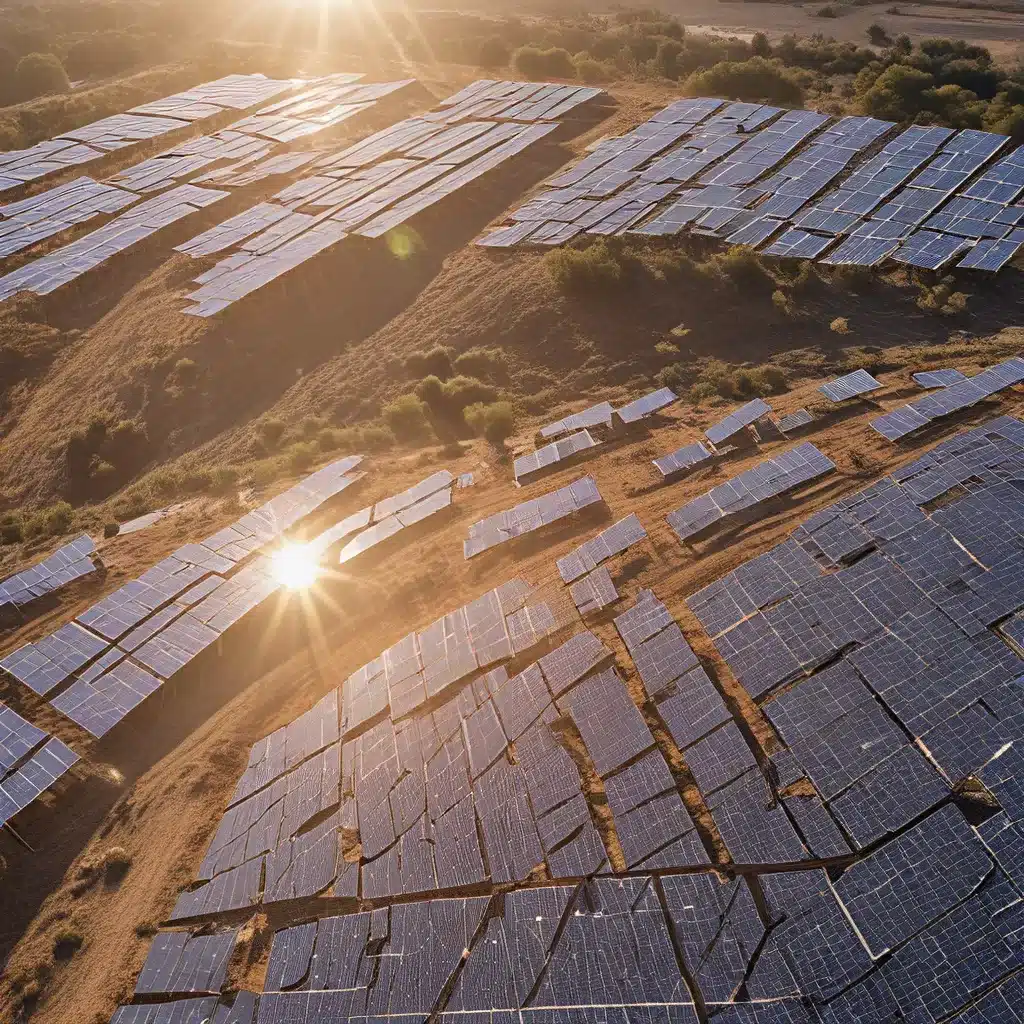
As a homeowner, you’ve probably heard all the buzz surrounding solar energy and its potential to revolutionize the way we power our lives. But with so much information out there, it can be overwhelming to figure out if solar is truly worth the investment for your home in 2024. Well, buckle up, because I’m about to take you on a journey that’ll shed some light on this topic (pun very much intended).
Navigating the Financial Landscape of Solar
Let’s start with the big question on everyone’s mind: is solar worth the financial investment? The answer, my friends, is a resounding “it depends.” You see, the cost of solar has been steadily declining over the past decade, making it a more accessible option for homeowners like you. According to the International Energy Agency (IEA), global clean energy investment has risen by 40% since 2020, reaching an estimated $18 trillion in 2023. But hold on, it gets even better – the report also reveals that solar PV and onshore wind are already cheaper than fossil fuel alternatives in many parts of the world.
Now, you might be thinking, “That’s great and all, but what about the cost of capital?” Well, the IEA has got you covered. They found that narrowing the gap in the cost of capital between emerging and developing economies and advanced economies by just 1% could reduce financing costs for clean energy by $150 billion annually. That’s a pretty sweet deal, if you ask me.
Unlocking the Power of Solar in Kenya
But let’s not just focus on the global picture. Let’s take a closer look at what’s happening in Kenya, a country that’s leading the charge when it comes to solar energy adoption. According to a LinkedIn article, the Kenyan government has implemented a range of financial incentives to encourage the adoption of solar power across the nation. These incentives not only aim to drive sustainable development but also empower businesses and individuals to harness the abundant energy of the sun.
One of the most impressive incentives is the tax exemption on imported solar equipment. This means that Kenyans can save a significant amount of money on the initial investment, making solar a much more attractive option. Additionally, the government has implemented feed-in tariffs, which allow solar power producers to sell their excess energy back to the grid at a guaranteed rate. This not only helps offset the cost of the solar system but also provides a steady stream of income for the homeowner.
But the Kenyan government isn’t stopping there. They’ve also introduced net metering, which allows solar power producers to offset their electricity bills by crediting the excess energy they generate back to the grid. This is a game-changer for homeowners who are worried about the upfront cost of a solar system, as it can significantly reduce their monthly utility bills.
Weighing the Pros and Cons
Okay, so we’ve covered the financial incentives, but what about the other factors to consider when deciding if solar is worth the investment in 2024? Well, let’s take a closer look.
Pros:
– Cost Savings: With the declining cost of solar and the various financial incentives, homeowners can save a significant amount of money on their electricity bills over the long term.
– Environmental Benefits: Solar energy is a clean and renewable source of power, which means it has a much lower carbon footprint than traditional fossil fuels. This is a big win for the planet, and it can also give you a sense of pride and satisfaction knowing that you’re doing your part to reduce your environmental impact.
– Increased Home Value: Studies have shown that homes with solar panels can actually increase in value, making it a smart investment for your financial future.
Cons:
– Upfront Cost: While the cost of solar has been decreasing, the initial investment can still be a significant hurdle for some homeowners. It’s important to weigh the long-term savings against the upfront cost.
– Dependence on Sunlight: Solar energy is, well, dependent on the sun, which means that it may not be as reliable as other forms of energy during cloudy or rainy days. This can be a concern for some homeowners who want a more consistent power source.
– Limited Roof Space: If your home doesn’t have enough roof space or the right orientation to accommodate a solar system, it may not be a viable option for you.
Embracing the Future of Solar Power
Now, I know what you’re thinking: “This all sounds great, but how do I actually make the switch to solar power?” Well, my friend, that’s where Southern Roofing Co. comes in. As a leading provider of roofing services, we’ve got the expertise and experience to guide you through the entire solar installation process, from start to finish.
But before you dive in, it’s important to do your research and weigh all the factors involved. As the Economic Times article suggests, it’s crucial to look at the cost of capital and financing options available to you. And don’t forget to consider the long-term benefits and potential drawbacks of going solar.
Ultimately, the decision to invest in solar power is a highly personal one, and it’s important to weigh all the factors before making a decision. But I can tell you this much: the future of solar is bright, and the potential for savings and environmental benefits is simply too good to ignore. So why not take the leap and unlock the power of the sun?